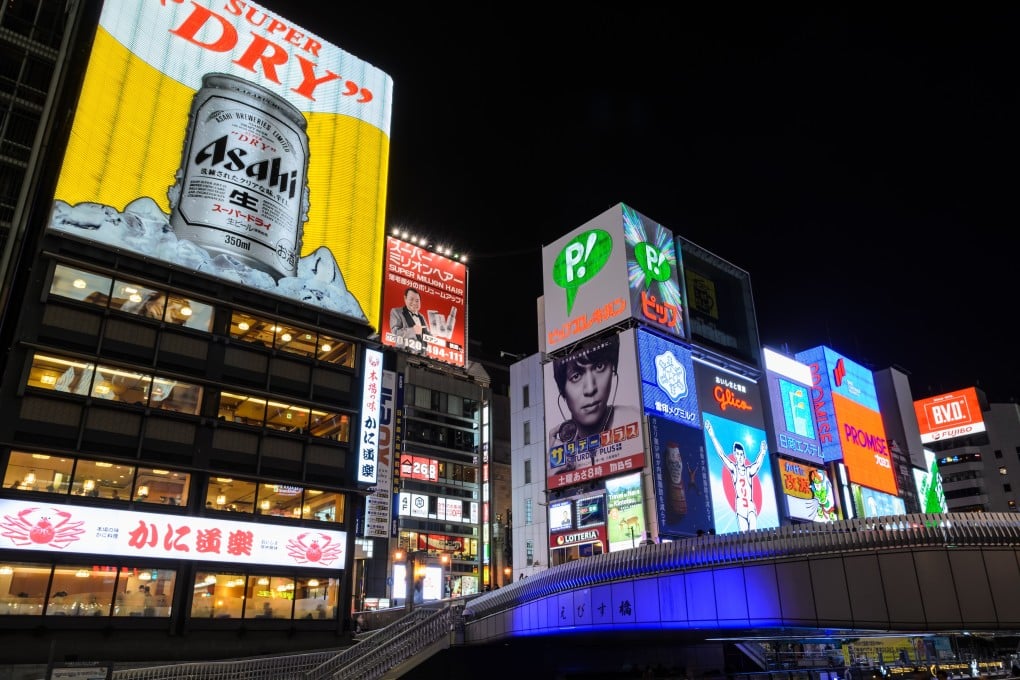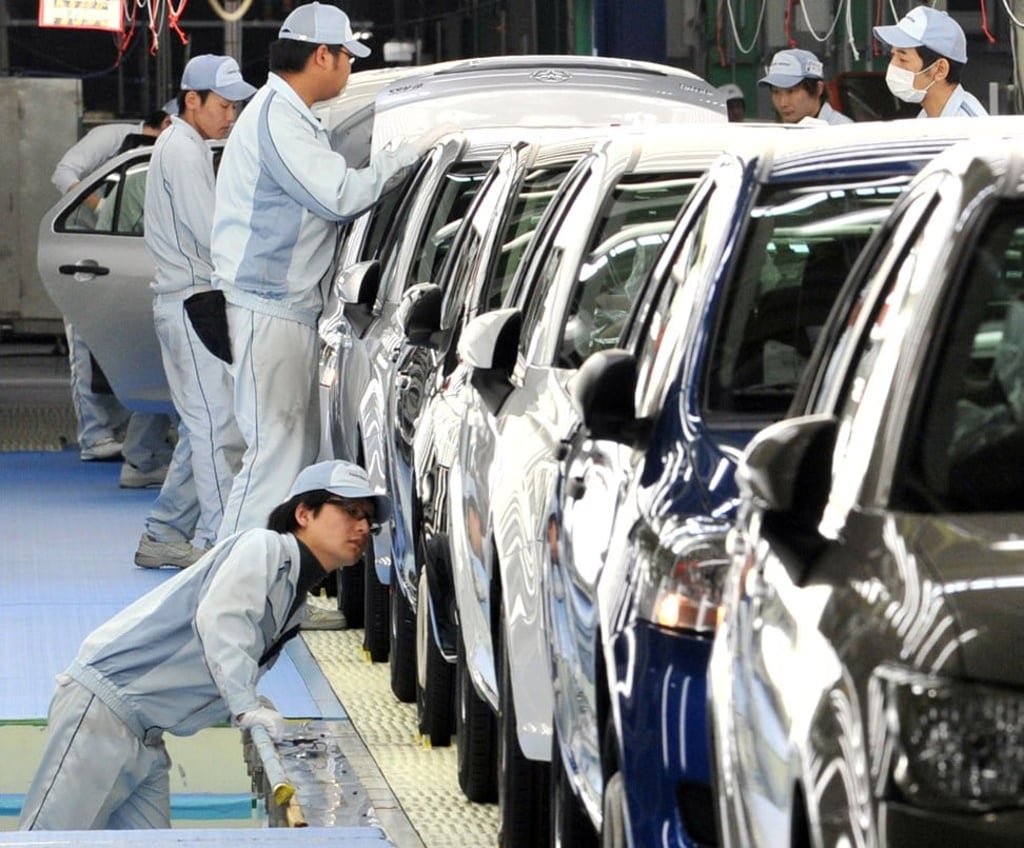Japanese firms fear escalation in South Korean trade spat as beer, car and fashion brands take a hit
- The likes of Toyota, Asahi Breweries, Uniqlo, and Muji are all keeping a close eye on tensions between the East Asian neighbours
- Analysts say both sides have adopted Donald Trump's approach, which has in effect, legitimised the weaponisation of trade

Fearing further backlash from Korean consumers, Japanese companies are tiptoeing around the tit-for-tat dispute between their conservative government and South Korea over Japan’s wartime past as the US-China trade war hits global growth.
Sales of Japanese beer, cars and clothing in South Korea have declined since the dispute erupted in early July, due in part to a consumer boycott of Japanese products unleashed by the trade dispute, but also against the backdrop of wobbly growth patterns in South Korea’s export-reliant economy because of sluggish global demand for semiconductors.
Toyota sold 1,847 cars in South Korea in July, down 8.2 per cent from a year earlier and 31.2 per cent from June, even as its global sales rose 3.6 per cent. In the first six months of 2019, Toyota’s global sales improved 23 per cent to 4.79 million, but its sales in South Korea remained flat at 15,000, accounting for just 0.3 per cent of the global total.
“We cannot confirm that the boycott was the main cause of sluggish sales in South Korea,” Toyota spokeswoman Keiko Sato said. “In the bigger picture, South Korea’s new vehicle sales dropped 5 per cent on the year at a time of a global economic slowdown.”

Sato added that “we hope so and we believe” that Korean consumers are still attracted to brands such as Toyota and Lexus despite the strained diplomatic ties, while also pointing out that the Toyota Camry won the 2013 South Korean car of the year award.
